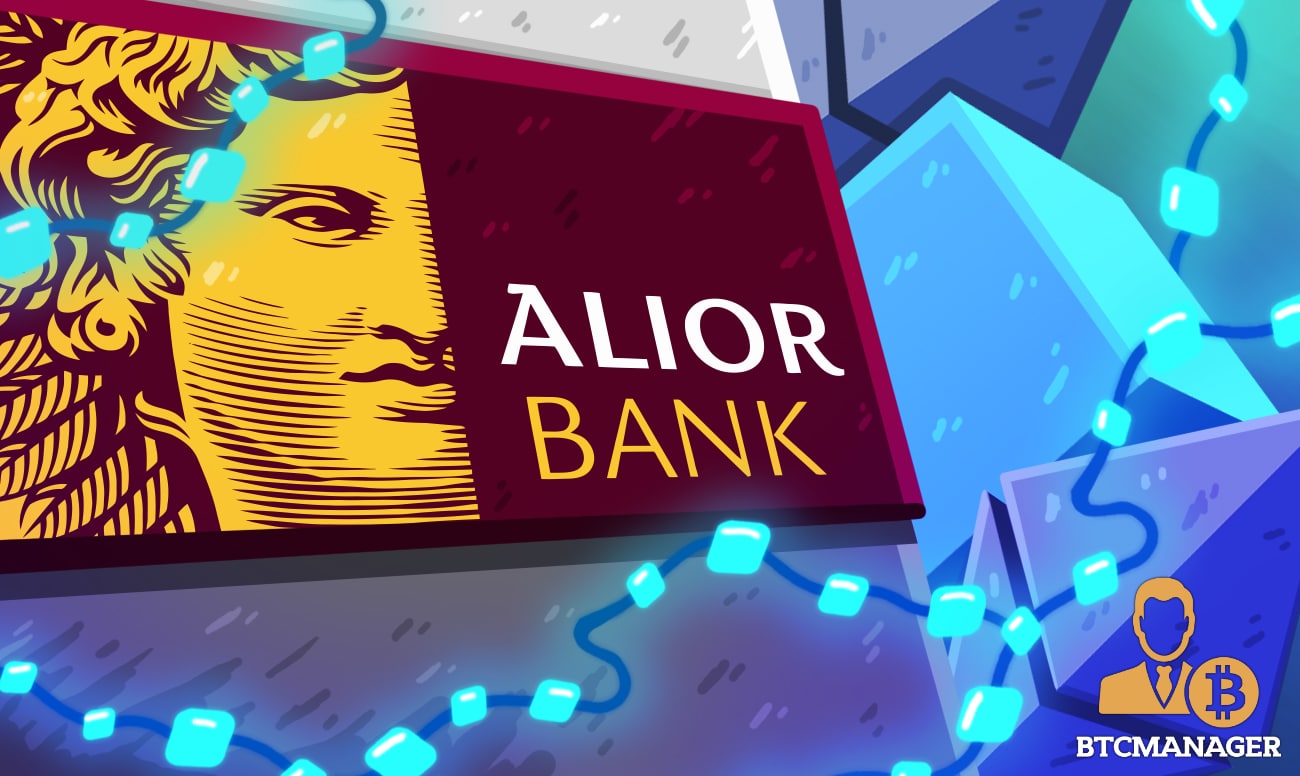Poland’s Bank Alior Adopts Ethereum Smart Contracts Blockchain

Poland’s Bank Alior Adopts Ethereum Smart Contracts Blockchain
Alior Bank, the 10th largest bank in Poland, has launched a document verification system based on the Ethereum network, to enable its customers to seamlessly check on the authentication and integrity of official documents, according to a Forbes report on June 17, 2019.
Bank Alior Joins the Blockchain Bandwagon
Per sources close to the matter, Alior Bank has announced the launch of a new service that will make it possible for users of the bank to easily use distributed ledger technology (DLT) to verify the authenticity of sensitive documents they receive.
The move has made Alior Bank one of the very first financial institutions to adopt a public distributed ledger, as most banks and large financial institutions have always preferred to develop their own permissioned blockchains to power their projects.
Tomasz Sienicki, blockchain strategy lead at Alior Bank says the lender is determined to be the game changer in the industry by offering innovative solutions that could easily be used by all interested entities.
Sienicki said:
“Our plan is to be disruptive, so we want to offer innovative solutions, and we want other banks to follow us as well. We welcome if somebody copied our solution. We are proving that it’s possible to use public blockchains even if some people think it’s impossible.”
Playing by the Rules
Reportedly, the reason behind Alior’s adoption of a public distributed ledger instead of a private, permissioned blockchain is due to the fact that Polish financial regulators, including the Office of Competition and Consumer Protection, has made it mandatory for banks to provide customers with access to documents in the “form of a durable medium.”
Against that backdrop, Alior established its Blockchain Center of Excellence last year to help it formulate a solution that would be perfect for consumers while also meeting regulatory standards.
Alior’s blockchain solution is powered by smart contracts which store the name of each document as well as the block number they hold on the blockchain.
This way, customers can easily search for documents previously sent to them by the bank and verify whether the lender has made any alterations to the original document since it got published.
While some in the traditional financial ecosystem still have doubts over the capabilities of distributed ledger technology (DLT), forward-thinking banks are doing great works with the burgeoning tech.
Earlier in April 2019, BTCManager informed that Societe Generale Bank of France had issued $122 million covered bond on the Ethereum blockchain.
Like BTCMANAGER? Send us a tip!
Our Bitcoin Address: 3AbQrAyRsdM5NX5BQh8qWYePEpGjCYLCy4
via https://www.ohnocrypto.com/ Ogwu Osaemezu Emmanuel, Khareem Sudlow
